We measure outcomes and performance in a variety of ways, whether that be via a test score or a pupil achieving something they never thought possible.
We use assessment to ensure that all children have the opportunity to shine and to inform next steps and further teaching. We hold regular summative assessments for our children, as well as on-going teacher assessment. We pride ourselves on our staff having an in-depth knowledge of every child in school, and then applying this knowledge to ensuring that all children can progress.
Please note: The government has not published KS2 school level data for the 2021 to 2022 academic year. They have archived data from the 2018 to 2019 academic year because they recognise that the data from that year may no longer reflect current performance.
More Information
See below for more information about assessments and data in school.
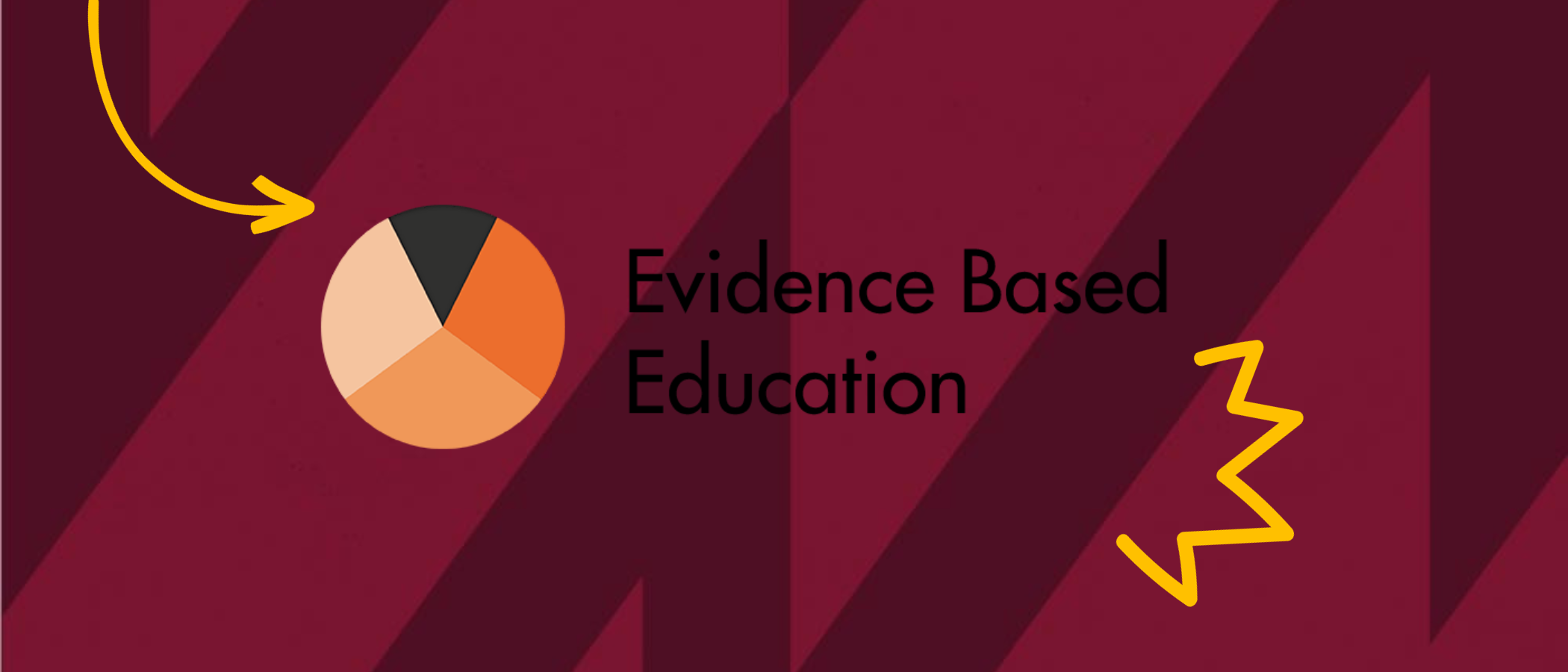
EBE Work
We are very pleased to be working with EBE (Evidence Based Education) this year through Waterton Academy Trust. All of our teachers are receiving some fantastic training on how we support children even more with assessments and feedback.
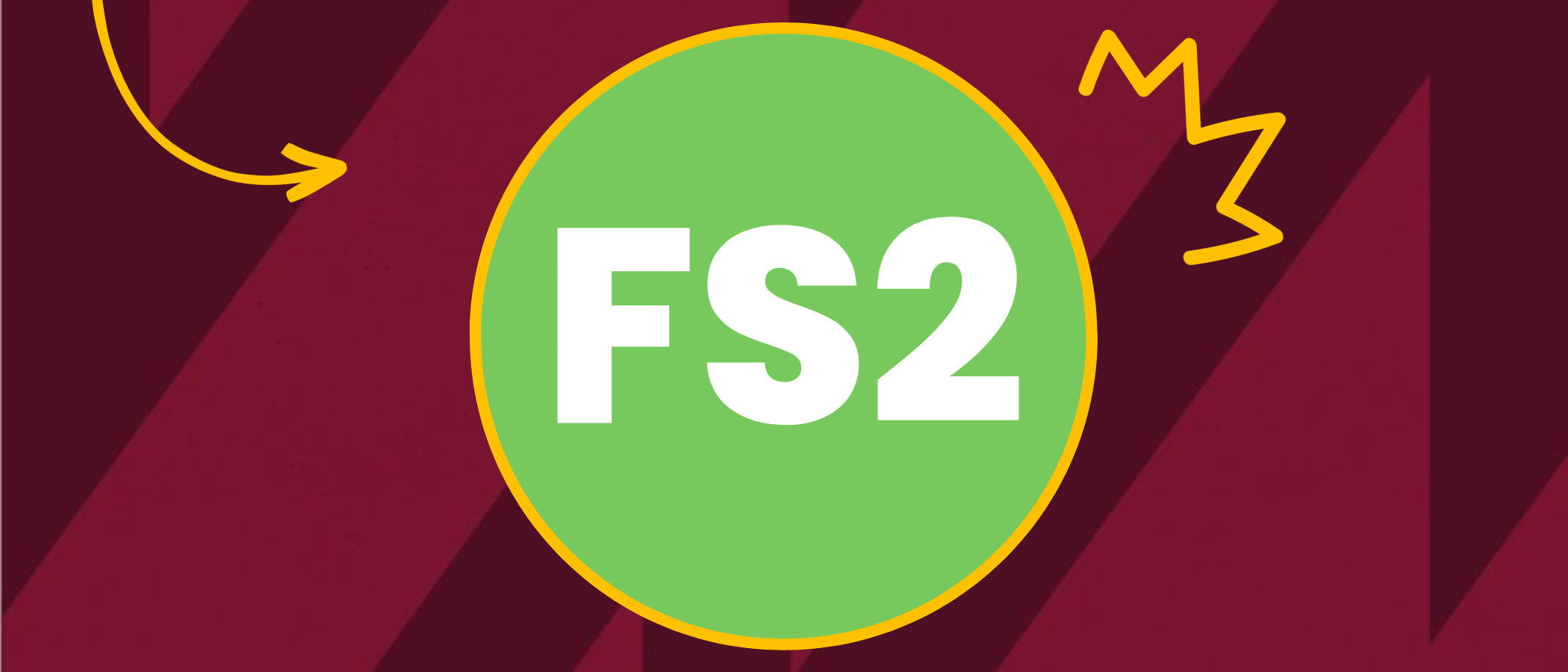
EYFS (Foundation Stage)
In the Early Years children are assessed throughout the year using the Early Years Foundation Stage Profile. Children are assessed in a wide range of areas that covers the entire curriculum. At the end of the year, pupils are assessed as either having achieved a Good Level of Development or working towards this. Children will also take part in the ‘Reception Baseline Assessment’ during the first 6 weeks, which will be used to assess progress when children reach the end of Year 6.
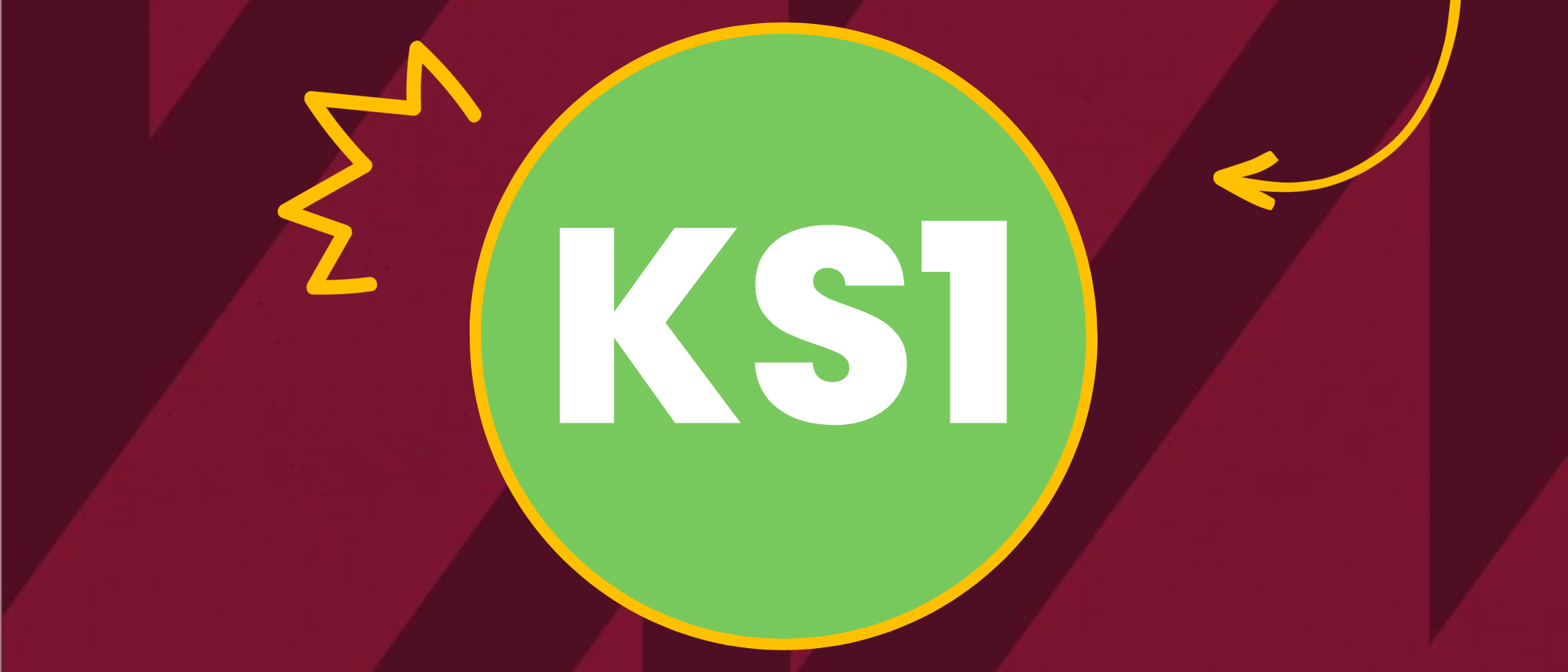
KS1 (Y1/2)
In the summer of Year 1 children take part in the ‘Phonics Screening Check’. Any children that do not reach the pass mark will then resit this at the end of Year 2. The Screening Check is made up of forty words, most of which are ‘real’ words, but some are ‘pseudo’ words. You may hear your child refer to these pseudo words as ‘alien’ words. At the end of Y2 children took SATs tests up to 2023. However, these are now optional.
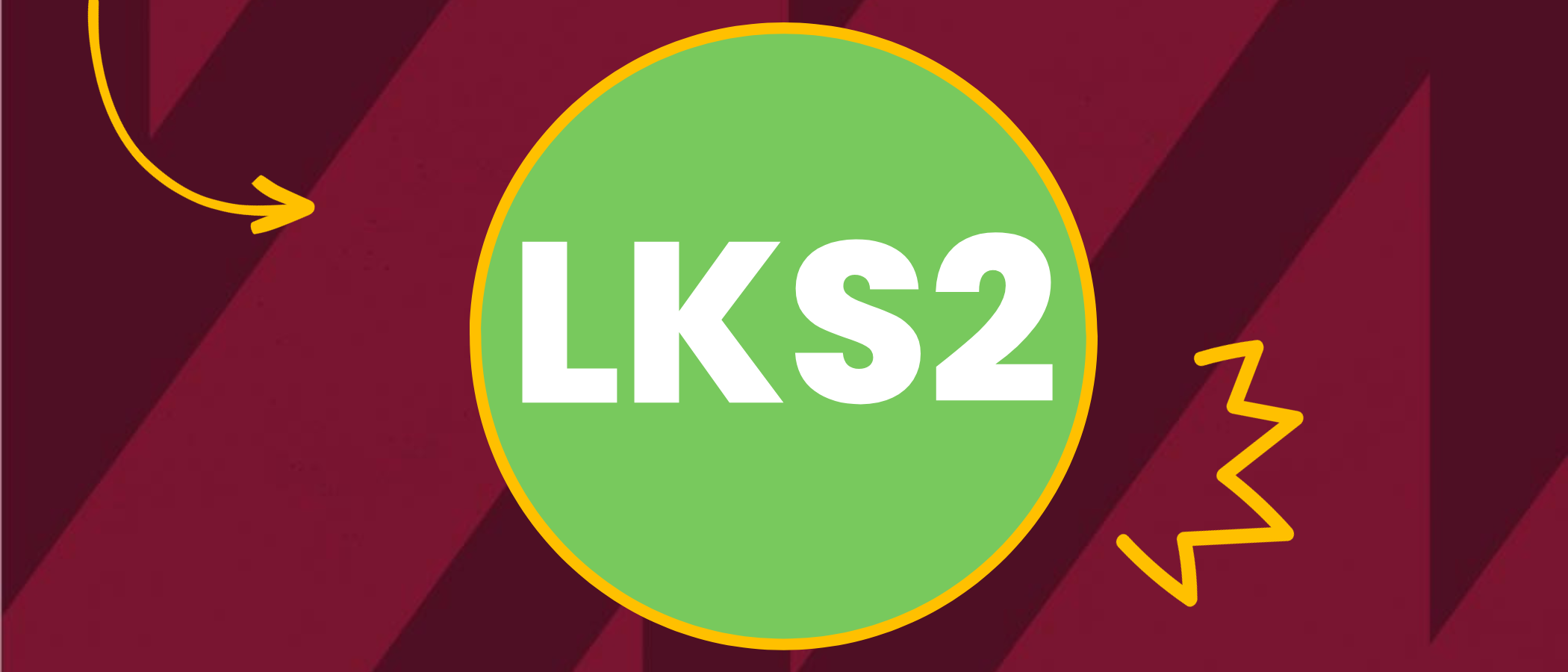
LKS2 (Y3/4)
In LKS2,Year 4 pupils will participate in the Multiplication Tables Check (MTC) every June. This is an online assessment that checks pupils’ understanding of times tables and associated facts. Child take this check on either an iPad or laptop, and TT Rockstars is a great way to practise at home!
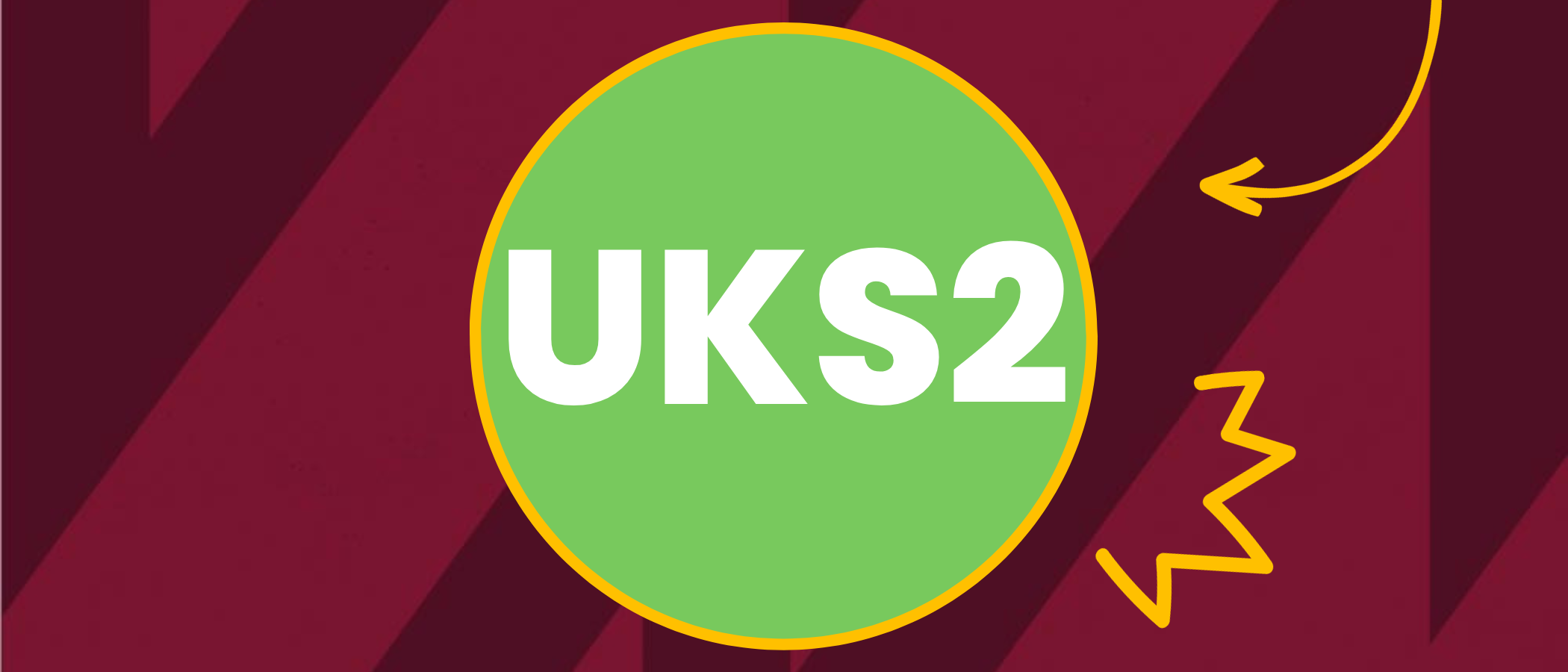
UKS2 (Y5/6)
At the end of Year 6, children take part in SATs tests and receive a scaled score. When looking at scaled scores, 100 marks the expected standard, with 110 marking the higher standard. Children do not take a test in writing, instead this is assessed over the year.

Assessments
In school we use a range of different techniques and strategies to assess children. Formal tests make up just a very small portion of this and are used in a triangulation process. For our tests, in Y6 we use past SATs papers, and in Y3-Y5 we use NFER tests. Assessment weeks are plotted out over the year and you’ll find these dates on the yearly overview.
How We Communicate How Well Your Child Is Doing
Our teachers are always happy to speak to parents about the achievements of our children, but also what they can do to be even better. Just speak to a member of staff before or after school, or contact us via email/ phone. We also hold two parents’ evening weeks over the year, hand out end of year reports, and have termly SEND parent meetings.
Codes in School
At the start of the school year teachers assign targets to each child, and then a formal judgement is made every half-term with summative assessments taking place every second half-term. We use NFER tests for formal assessments. Whenever we talk about assessment in school, we refer to age-related expectations (ARE). The codes we use are:
- GDS – Working at a Greater Depth (within ARE)
- EXS – Working at Age-Related Expectations
- WTS – Working Towards Age Related Expectations
We then use a number of different methods to track children who are not yet working at WTS or ARE, including P Levels, Engagement Model and Pre-Key Stage Standards. If this applies to your child, their teacher or our SEND team will discuss this with you.
